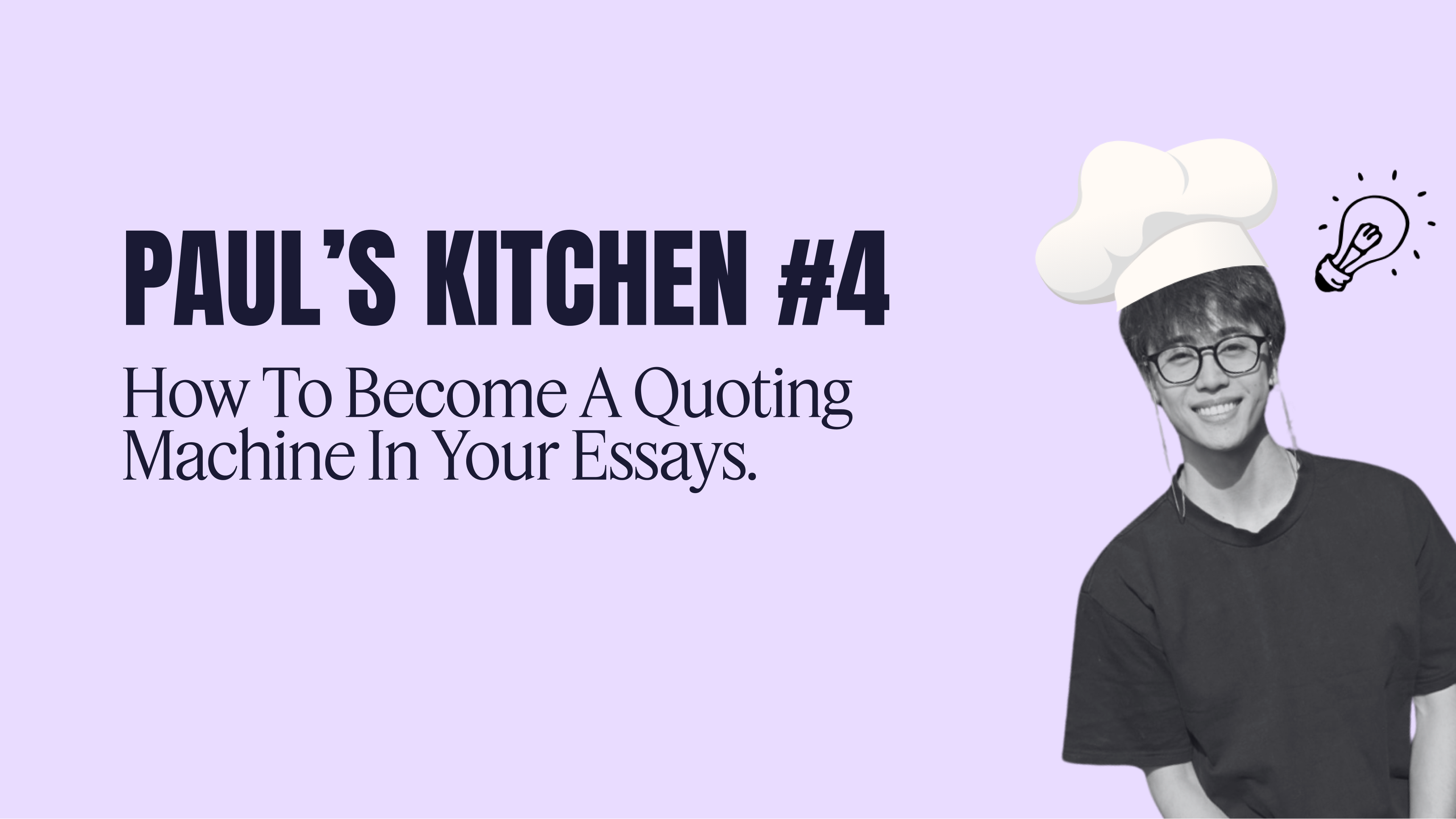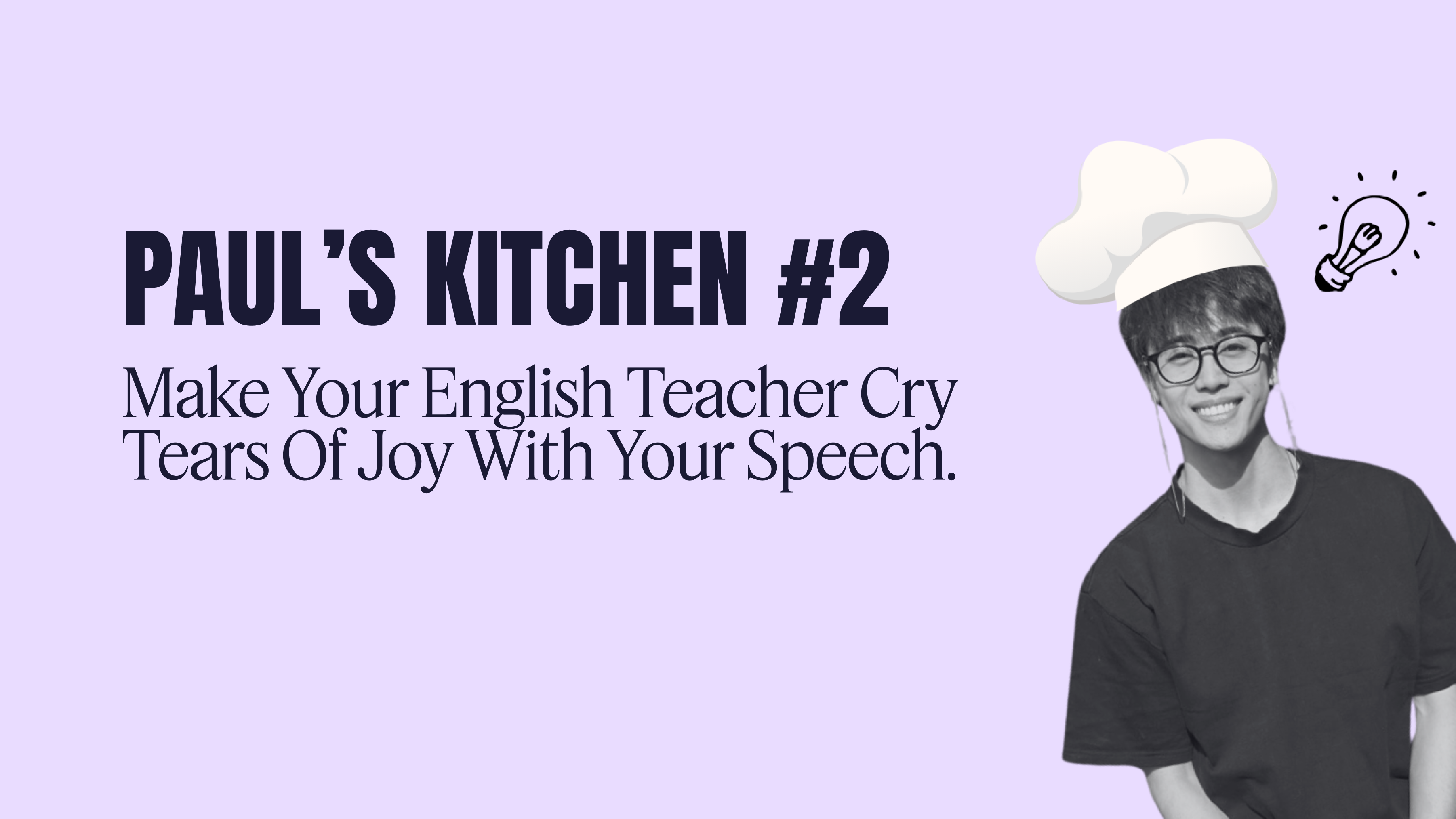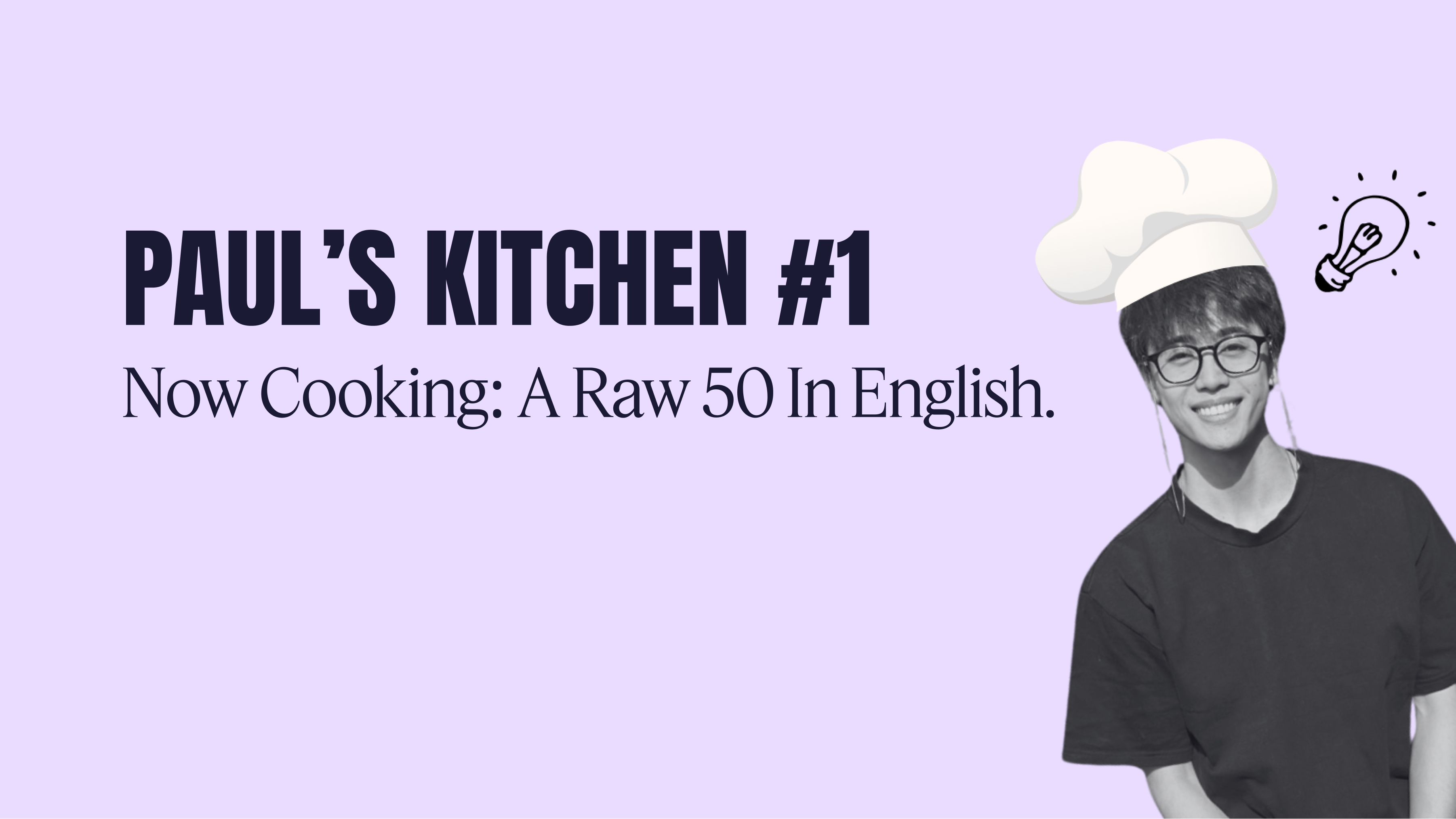Finally, the holidays are here!

Welcome to Term 2 holidays! We’re officially halfway through the academic year, and more than halfway if you’re in Year 12.
At this point in the year you should only have one of your tasks left — whether that’s one of your text responses, your creative response, or your argument analysis.
In this edition we talk about how to use your holidays effectively to prepare for what is basically your last term of study (for the Year 12s). Let’s get it!
Some vocab to put on your list 🤌
“Bildungsroman”
a coming-of-age novel
In an example: “Sarah Moss’ Bildungsroman novella ‘Ghost Wall’ follows Sylvie’s growth over the course of the experiment as she interacts with people from the ‘outside’ world.”
“propensity”
an inclination or natural tendency to behave in a particular way
In an example: “In ‘The Memory Police”, the narrator’s innate propensity for passivity is demonstrated through her constant deference to the nearest source of male dominance.”
“onus”
someone’s duty or responsibility
In an example: “Arguing that social media companies need to take more responsibility, Xu shifts the onus for online censorship away from parents onto corporations.”
Today's recipe 🍳
What to do over the holidays to get that extra advantage
While the holidays can be a great time to rest up, sleep in and recover from the stresses of the term, you might also be wondering how you can get ahead in English, if you have the time or energy to commit to it. If so, here are four tips from me – but remember, take them or leave them, it’s up to you. Sometimes a break that’s a real break is the best form of study.
Reread your texts, for either close analysis or plot revision
If you’re still feeling shaky on your texts, reread them again from start to finish just for the plot. By the time the end of year exam rolls round, ideally, you should have read the text at least twice, ideally three times.
On the other hand, if you know your texts very well, try reading specific pages or scenes and doing some close analysis. For films, use your CAMELS (Camera, Acting, Mise-en-scène, Editing, Lighting, and Sound), and for novels, analyse symbols or metaphors, or specific language choice.
Look at your upcoming texts and content
In the same vein, you can also prepare for whatever your next unit is. If that’s your second text, then make sure you’ve read or watched it for the first time. If it’s your creative, look at your mentor texts and start thinking of ideas for your drafts; for language analysis, revise your understanding of techniques, and start building up your vocabulary bank for things like tone words. Now’s a good time to take out some stuff from last year and see what you learnt!
Hit the library and find some resources
During the holidays, you can also visit your local library or the State Library, and try to find resources or guides on the texts you’re doing, especially if they’re very popular or famous texts. You can use the State Library online database to access academic journals about your texts, which can enrich your understanding of the context and themes, especially if you know your texts very well already.
Revise your stuff from the last few months
Now’s also the time to revise the things you’ve already done. If you did a text in Term 1 and you’re thinking of writing on it for the end of year exam, re-read your essays and notes. Same with your crafting texts drafts – re-read them and make sure you haven’t forgotten them.
Ask the head chef: Founder Lindsey Dang 👩🏻🍳
Self-assessment and marking
❓How can I effectively self-assess and refine my own text response essays or creative writing when I don’t have immediate access to feedback from tutors or teachers?
This is such a good question! Self-marking forces you to slow down and actually see what you’re doing, not just write on autopilot. But most students don’t know what they’re really looking for – English is subjective. There's, fortunately, a way to mark your own work without inputs from teachers and tutors – give this two-step approach framework a go:
1. Gather benchmark samples: Collect samples for each mark range from the VCAA assessor’s reports and mark them against VCAA criteria.
2. Create a self-marking checklist: Mark your own essays by comparing them against BOTH the criteria and the samples you've collected. You can also use study guides like this as a starting point.
Note: This isn’t an easy task because effective marking requires a mix of exposure that only comes from experience, objectivity and judgment. Editing is another mammoth task, but it’s essential for improvement. We’re actually launching a marking/editing system soon… you absolutely do not need to always get external help but it might be helpful to get just one essay marked to use as reference to start with.



